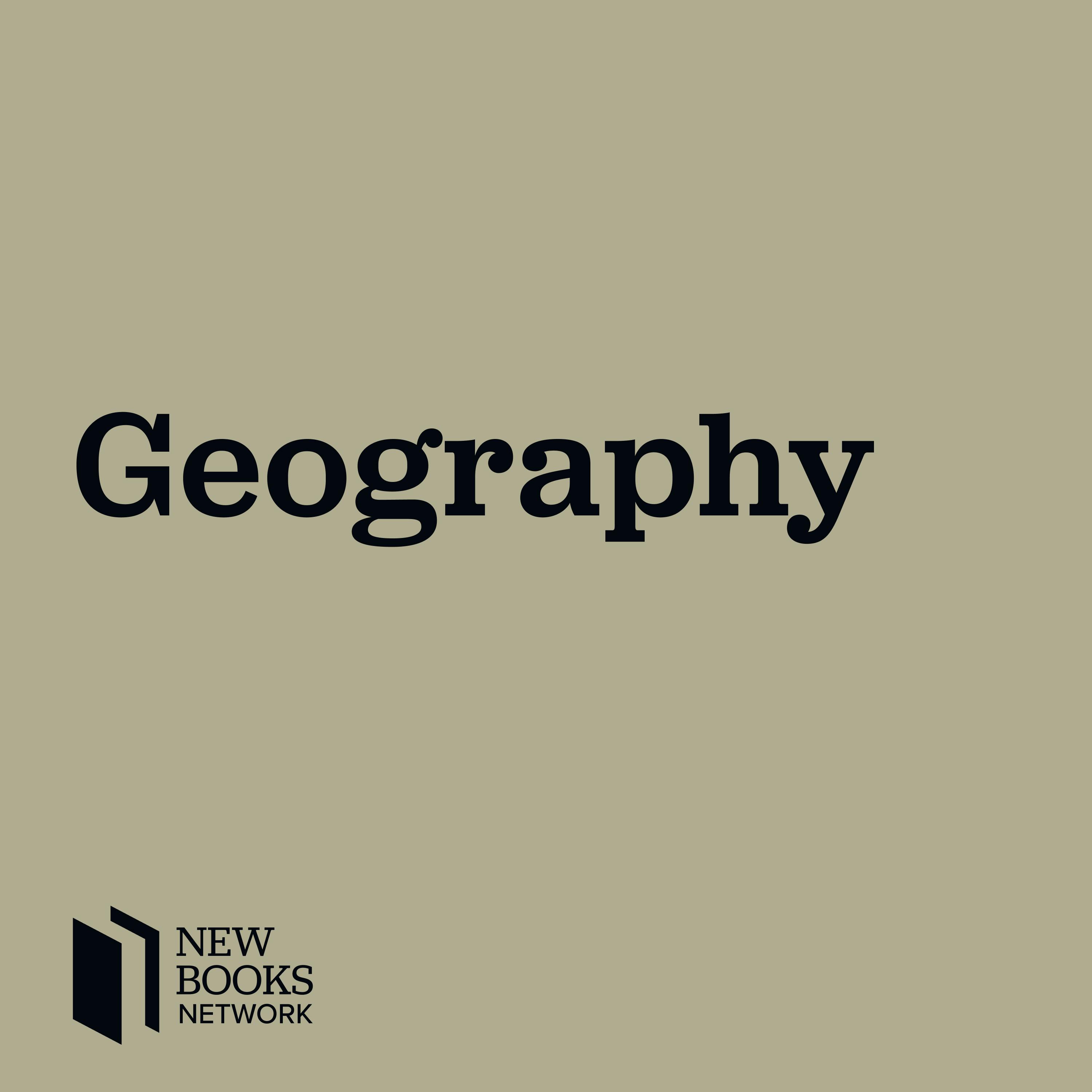
Andres Rodriguez, "Frontier Fieldwork: Building a Nation in China's Borderlands, 1919-45" (U British Columbia Press, 2022)

New Books in Geography
Shownotes Transcript
In 1911, as China was beset with challenges, a new generation of scholars considered a new problem: what to do with former imperial borders? How could China’s frontiers be considered part of the new nation? In Frontier Fieldwork: Building a Nation in China’s Borderlands 1919–45) (UBC Press, 2022), Andres Rodriguez) looks at how students, travellers, social scientists, anthropologists, and missionaries contemplated these problems as they took to the Sino-Tibetan frontier to do fieldwork.
Focusing on the intimately human stories of these ‘frontier workers,’ Rodriguez examines how these scholars approached the frontier, created new knowledge, and redefined what both ‘frontier’ and ‘fieldwork’ meant. Frontier Fieldwork does a particularly beautiful job of exploring the complex identities of these fascinating fieldworkers, highlighting how some worked with the state, some pushed back, and some were only anthropologists by pure accident. It is sure to be of interest to historians, scholars of borderland studies, anthropologists, and those interested in a model for how you can write a history of empire-shaping events while keeping individuals at the center.
Over the course of our conversation, Andres also mentioned:
His article in Asian Ethnicity, “A ‘weak and small’ race in China’s southwest: Yi elites and the struggle for recognition in Republican China)”
The work of Gray Tuttle, in particular Tibetan Buddhists in the Making of Modern China) (Columbia University Press, 2005)
Dane Kennedy’s book, The Last Blank Spaces: Exploring Africa and Australia) (Harvard University Press, 2015)
Learn more about your ad choices. Visit megaphone.fm/adchoices)
Support our show by becoming a premium member! https://newbooksnetwork.supportingcast.fm/geography)